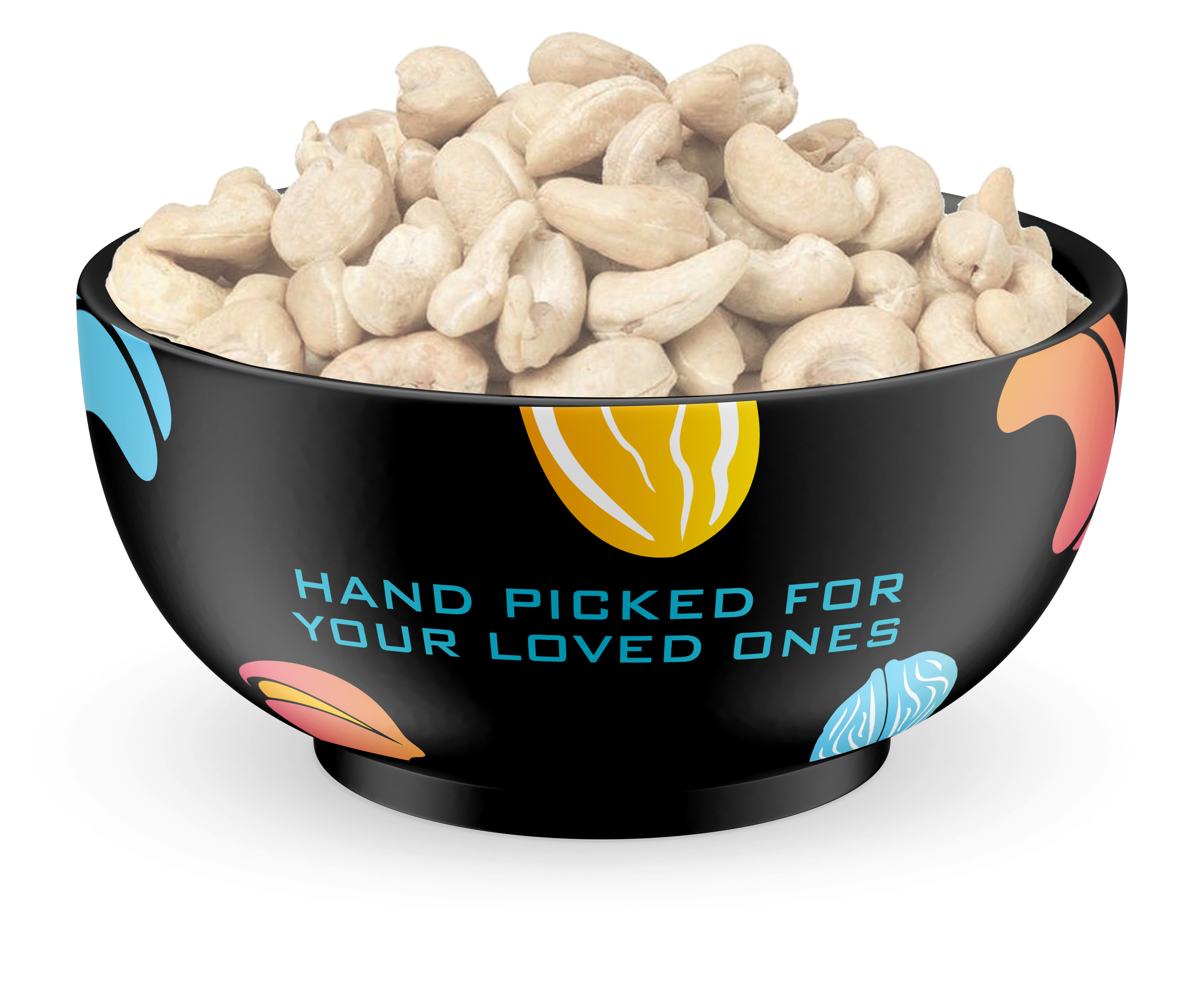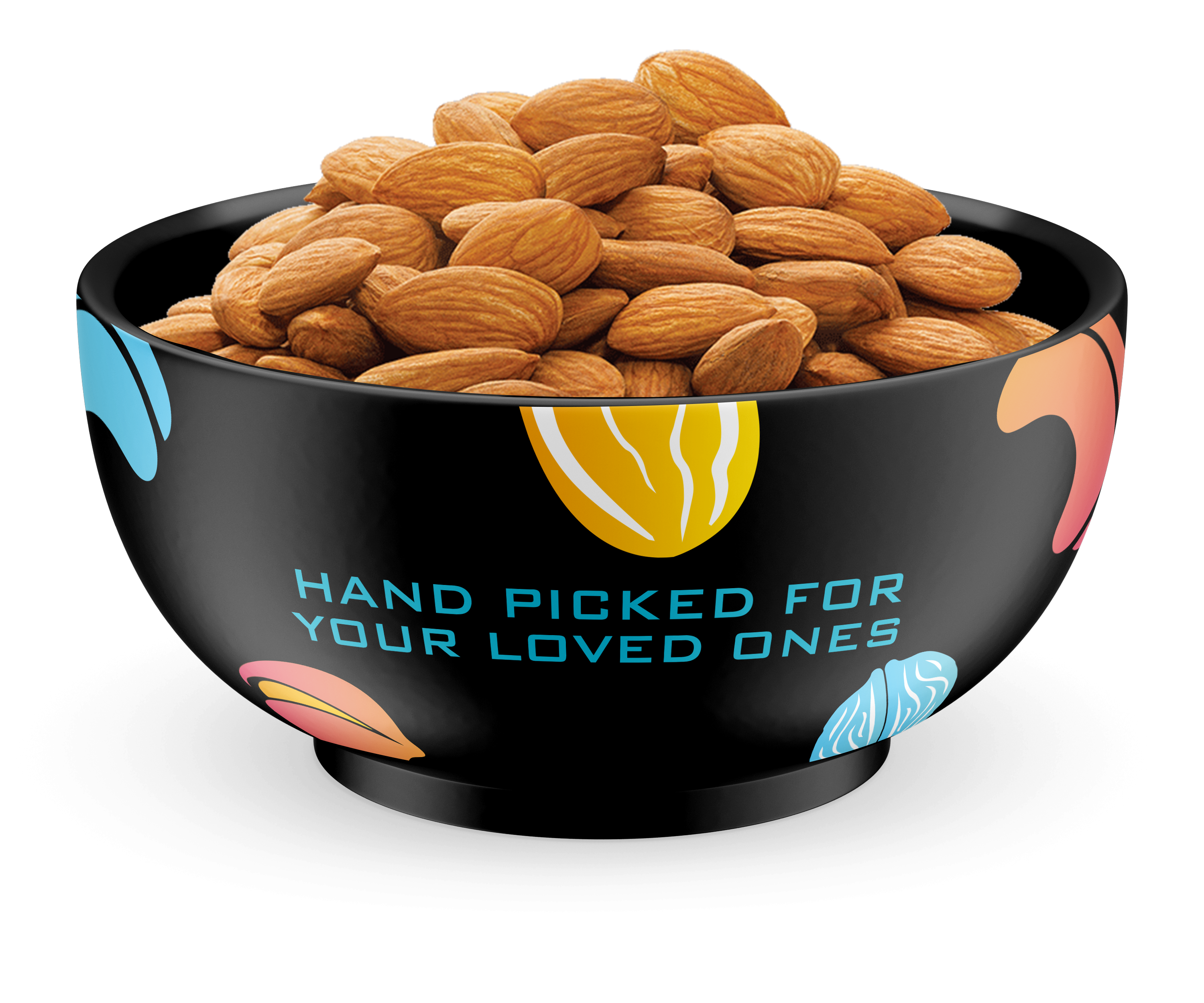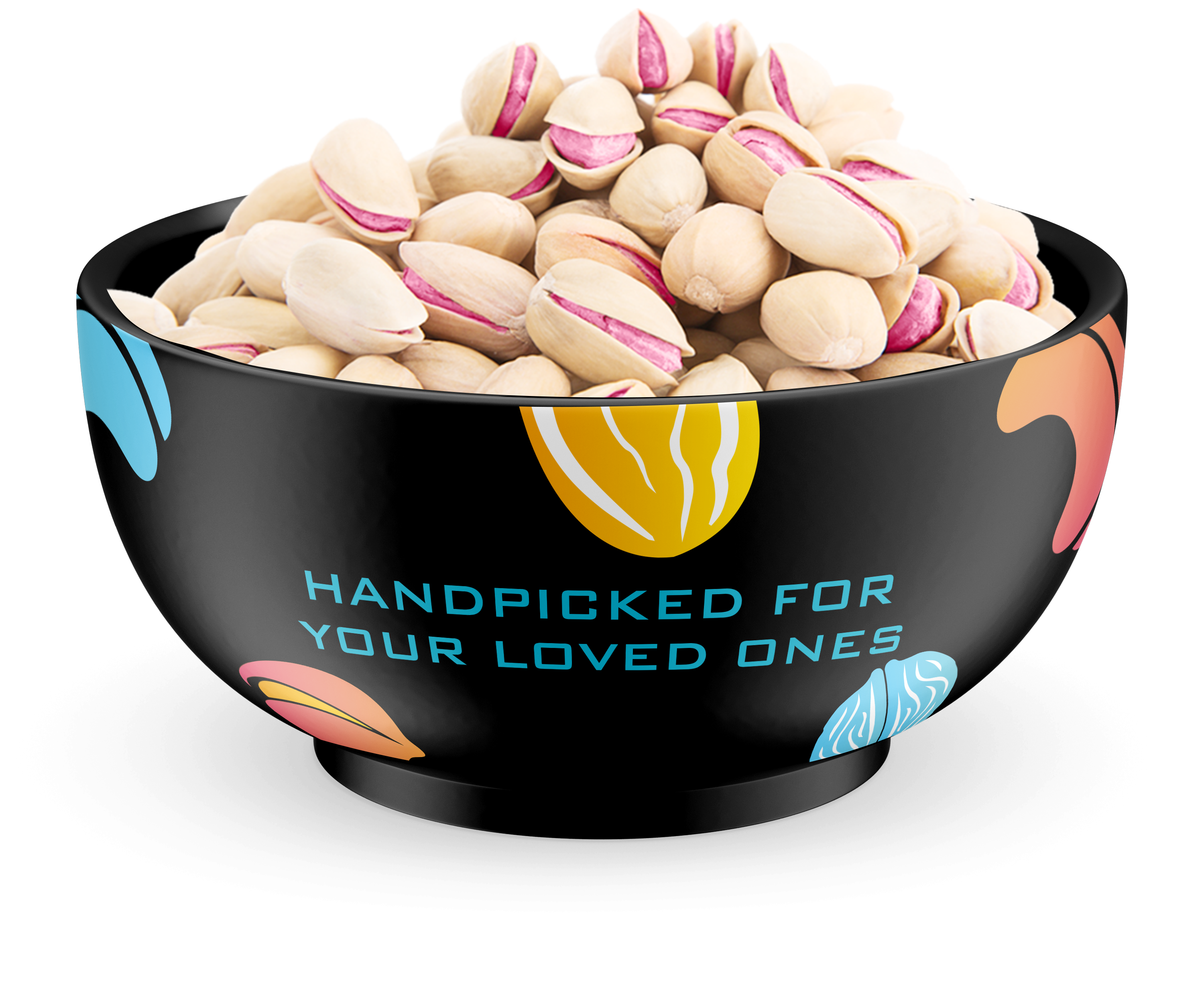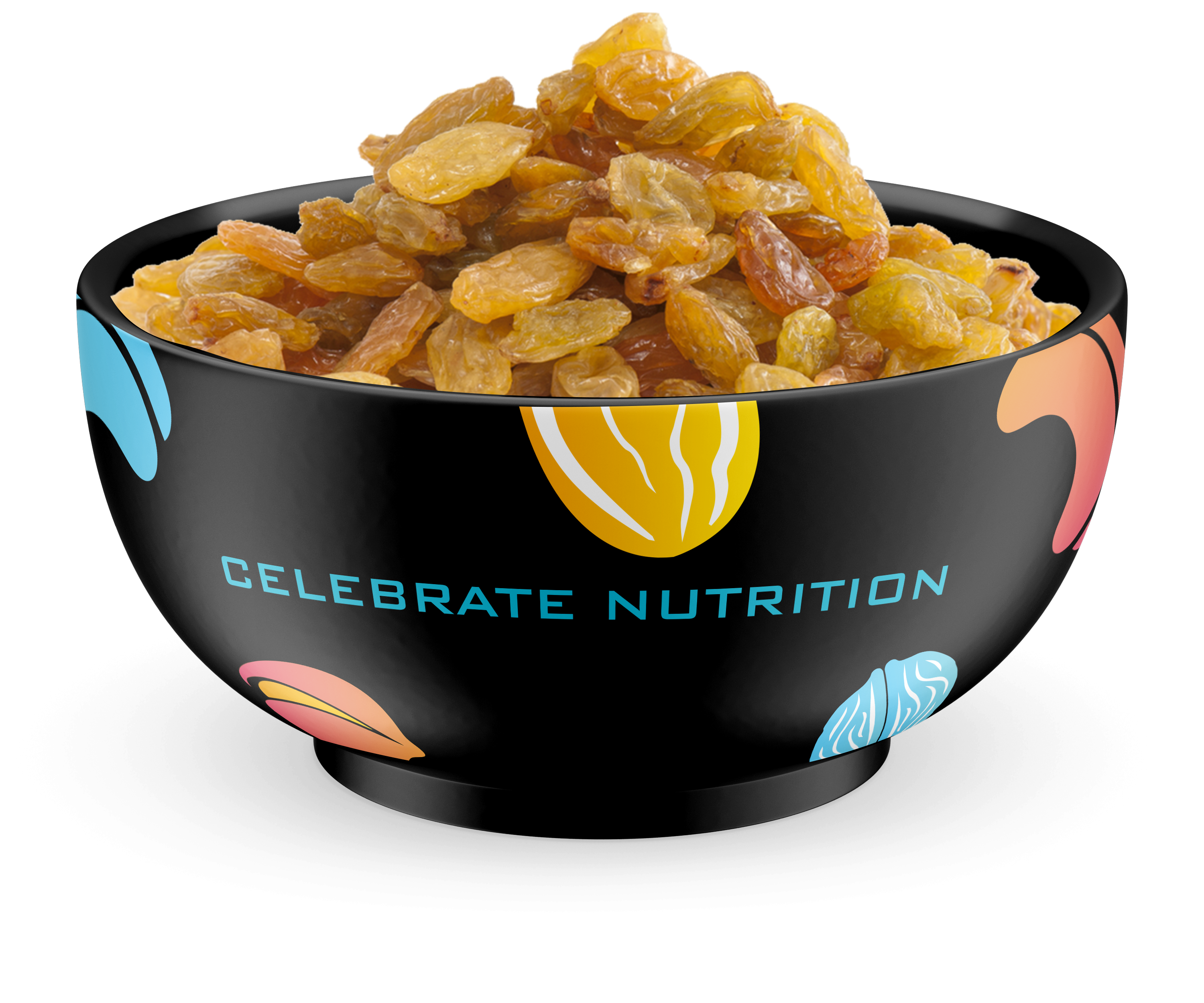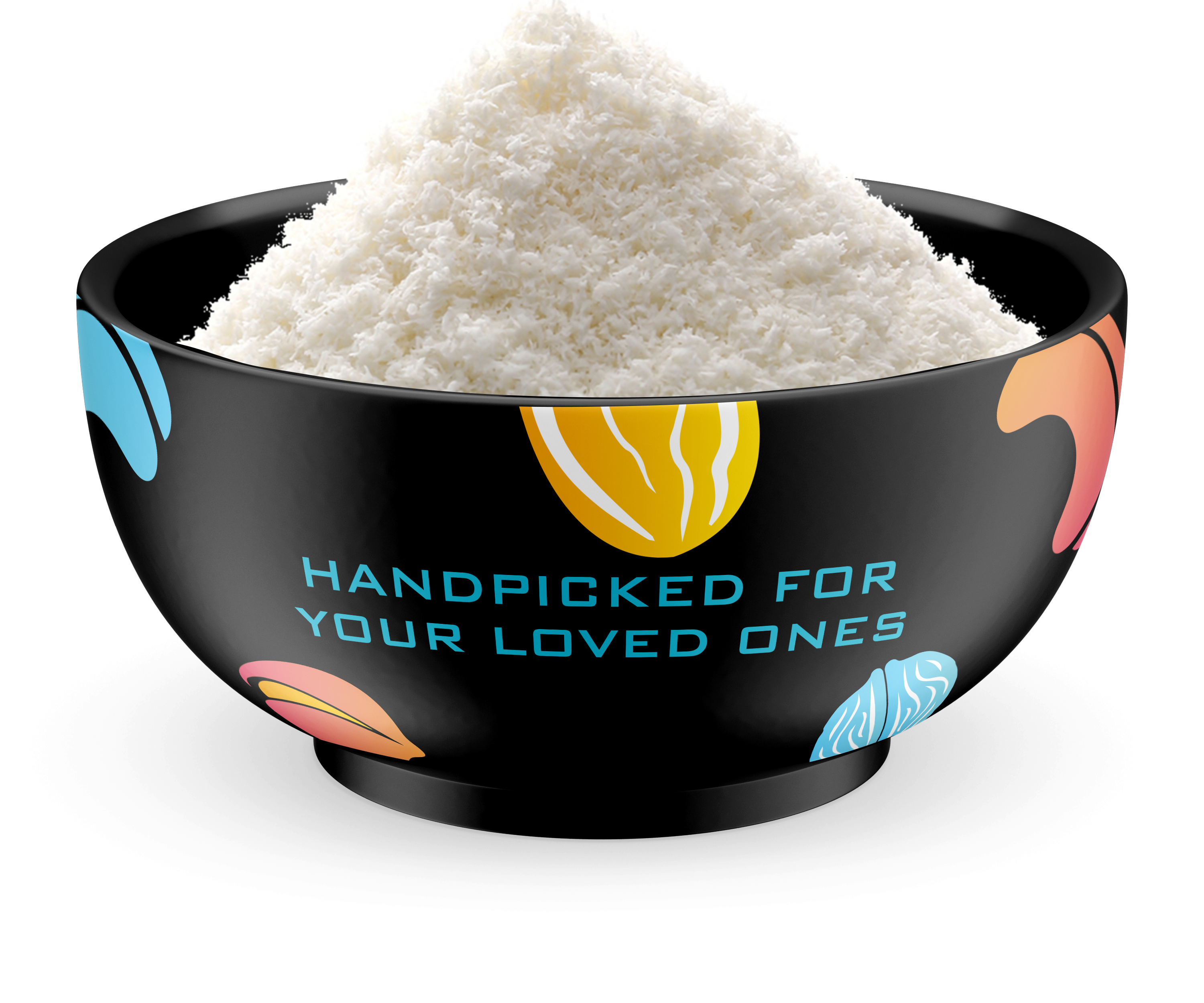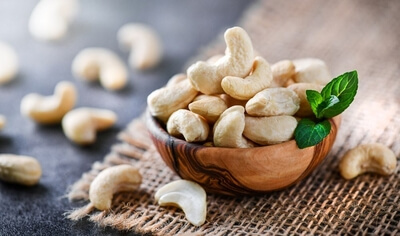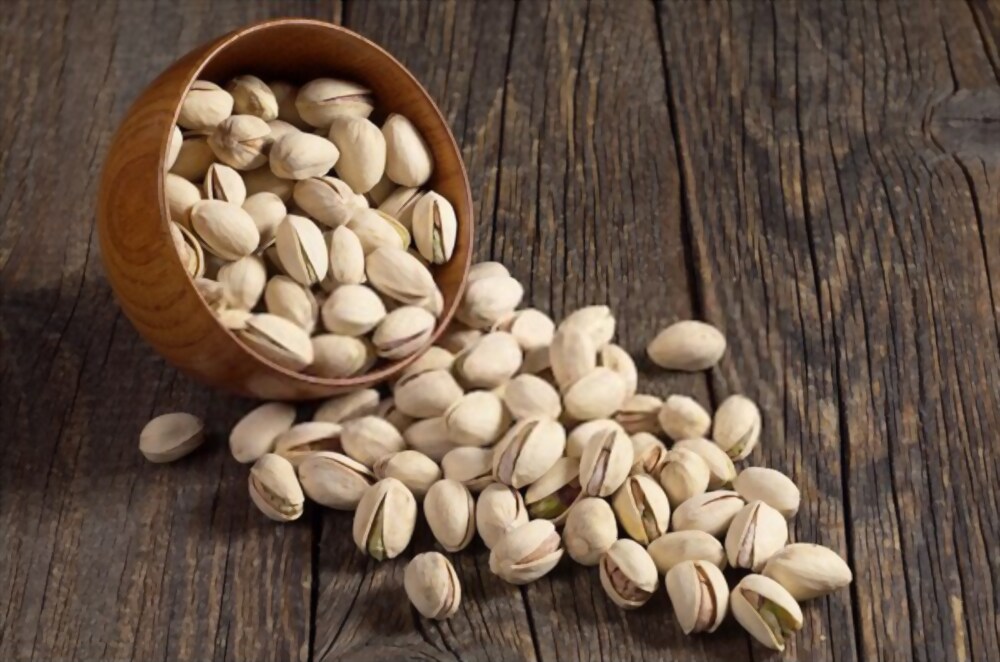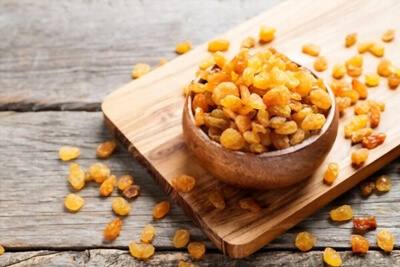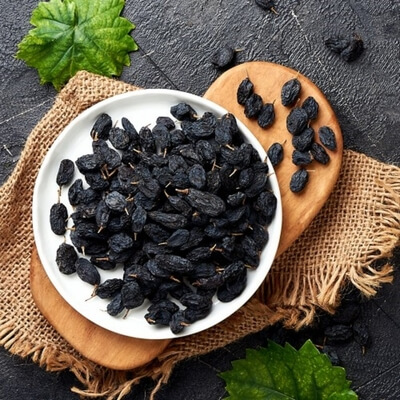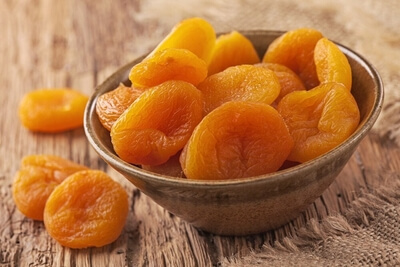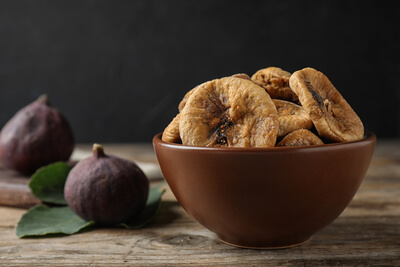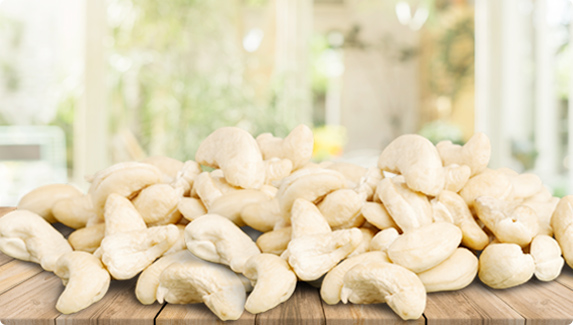
Let’s “cashew” up with all the facts and knowledge there are about the types of cashews and their nutritious values. I promise they won’t be as bad as that pun. Okay, I lied. I can’t promise you that. If it wasn’t already obvious from that bad pun game, we’re going to be talking all about cashews. So, let’s get into it.
We all know that every celebration starts with dry fruits and ends with dry fruits. Now, whether that dry fruit is in the form of an unwanted raisin in your biryani or the crunchy cashew topping of your Gajar halwa, depends on your luck. But, have you ever stopped to notice the individuality of these dry fruits. Especially cashews? Cashews are considered the “luxury” dry fruit and very well so, considering the prices. But, let’s not hate on them okay? They’ve earned their place well and good. How and why? You’ll find out soon. It’s about the journey not the destination, right? No, no I’m sorry don’t go towards that exit button. I’ll start with the types and benefits now. GEEZ! Tough crowd.
So, here are some general facts and types of cashews we’ve put together for you. So, to start with the types; we need to understand that cashews are not particularly named but graded. The grade of the cashew will tell you things about the colouring, the size, and the pricing as well. We’re going to be learning about 4 of the most common cashews. Fair warning, they all sound like they’ve been named after military weapons but, they’re just our friendly little cashews.
Types Of Cashew
i) W-180
The cultivation for this type of cashew is common. The size of this cashew nut is larger than most cashews. This grade of cashew is also often referred to as the King of cashews. This is because of its size and the fact that it remains wholly intact when sold. The ultimate grade for a cashew is a W180; in other words, a white, whole cashew that produces approximately 120-to-180 cashews per pound. In lay man’s terms the nutrient value of this grade of cashew is 10 out of 10.
ii) W-210
This grade of cashew i.e. the W-210, is relatively smaller than the W-180. But, don’t let that fool you into believing that they’re tiny. They’re still huge and just as expensive as the above mentioned grade of cashew. The W-210’s are known as Jumbo cashews. They have a natural, mild, fine and slightly sweet taste. It can also be included in various delicious recipes or added as a garnish over desserts and snacks. The nutrient value of this grade of cashew is also a whopping 10 out of 10.
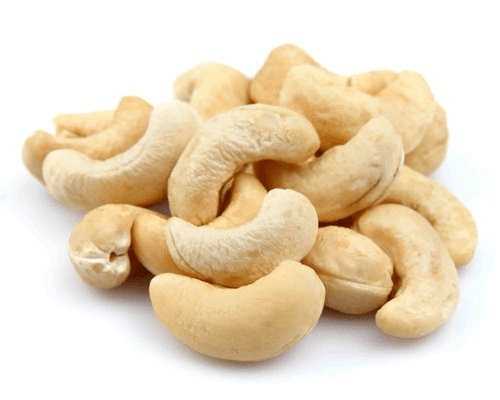
iii) W-240
Bigger the grade, smaller the cashew? Interesting. Here, we have the W-240 which gets smaller as we come to it. These are our mid-grade cashews or also known as our standard sized cashews. You can find these cashews in your nut mix trails where cashews aren’t exactly the star of the mix. Now, the prices for the W-240 are not as big as our jumbo and king sized buddies above. The size of the W-240 is regular. They’re moderately priced. The nutrient value of the W-240 gets an 8 out 10.
iv) W-320
The W-320 is the standard grade of cashews. This a very common variety and can be found in most households. Yeah, this is the same cashew your mom gives you when you have your exams or an important meeting cause “issey din accha jayega”. W - 320, are the most popular among cashew kernels and highest in terms of availability, worldwide. It is the perfect balance between price and size and also loved by most people. Although the size is large enough, the pricing is what makes them much more appealing to the general consumer. We’ll give this a nutrient value of 9 out 10.
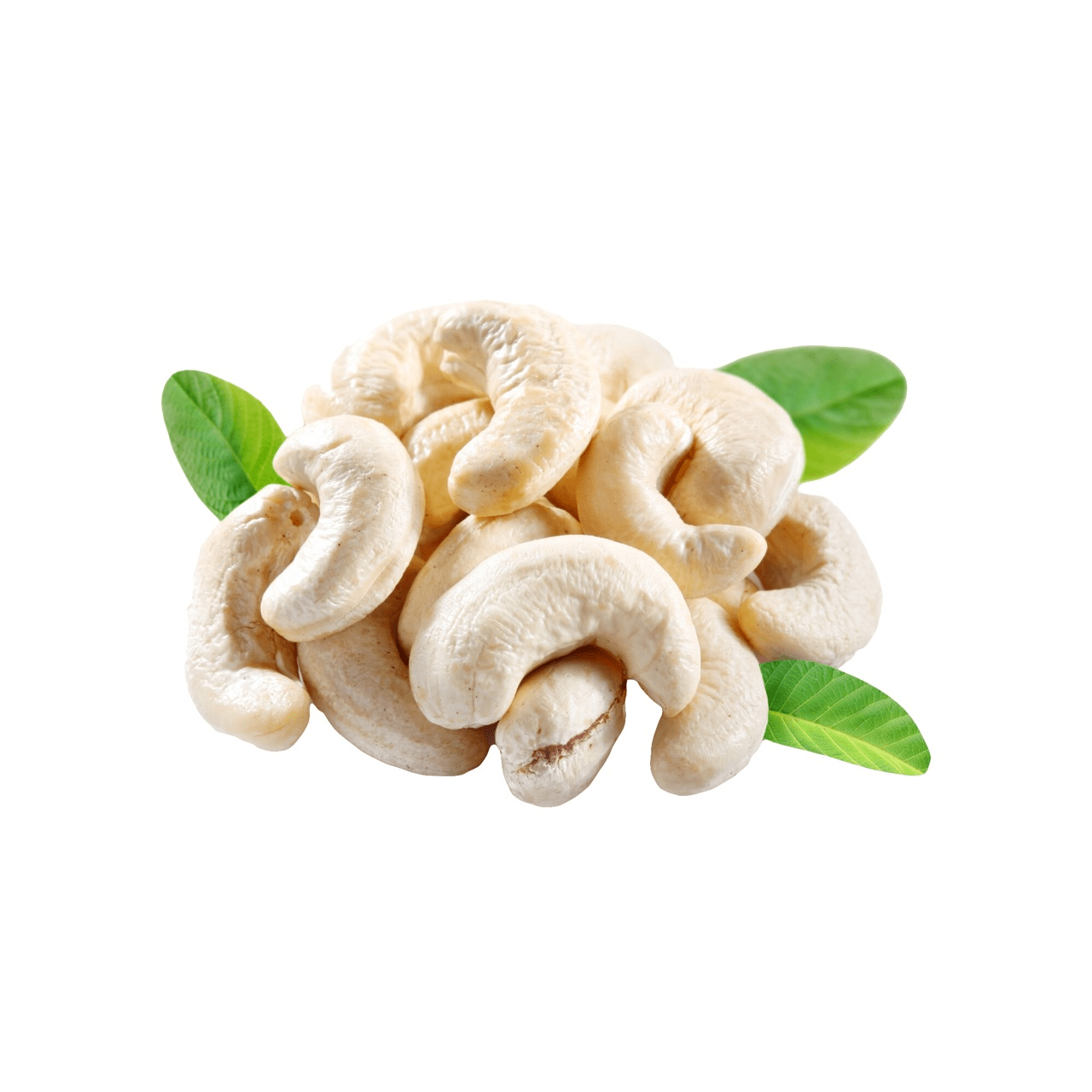
Nutrition value
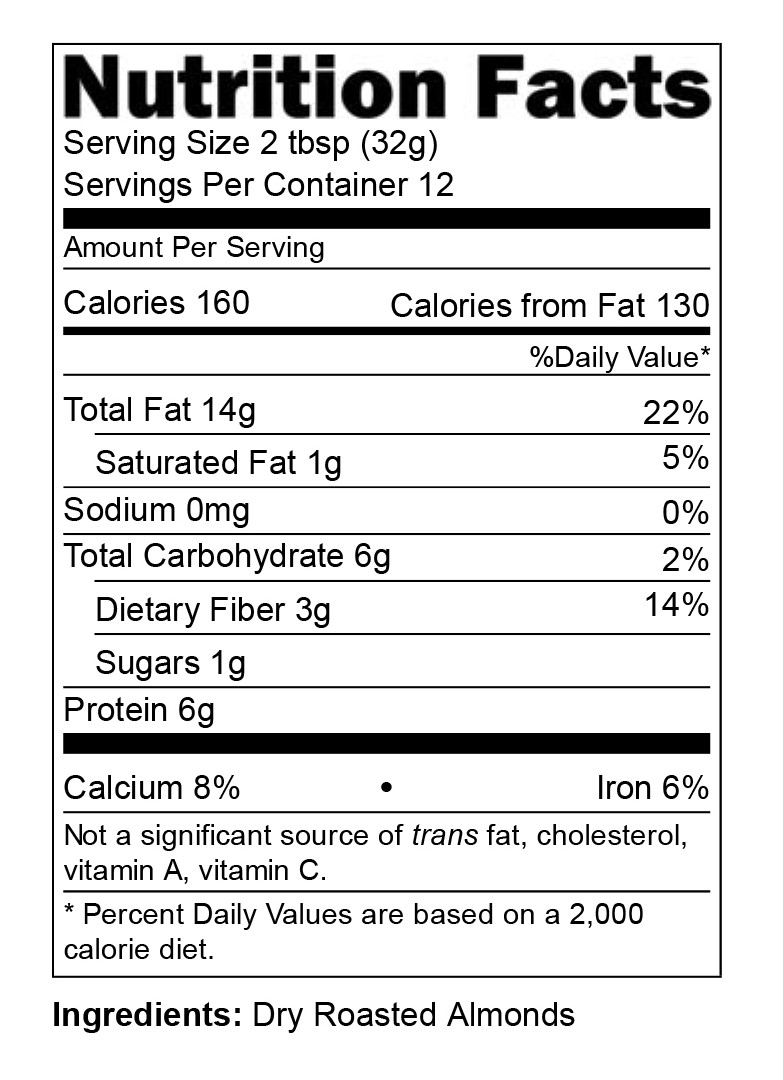
Now, to get into a little bit of the scientific side of cashews. Cashews like any other food are good for you when had in moderation. But, if you were to increase your intake extensively; you’d be putting yourself at a high risk of cholesterol which could lead to various cardiovascular diseases. Cashews make the perfect snack for binging and more famously, salted cashews. But, the salt takes away the nutritional value away from the cashews. If you’re someone who suffers from blood pressure issues, its best if you avoid salted cashews and high cashew intake as cashews naturally also contain sodium amongst other elements.
Now that you’re all caught up on your facts about cashews, you’ll know exactly what cashew fits your lifestyle and pocket

